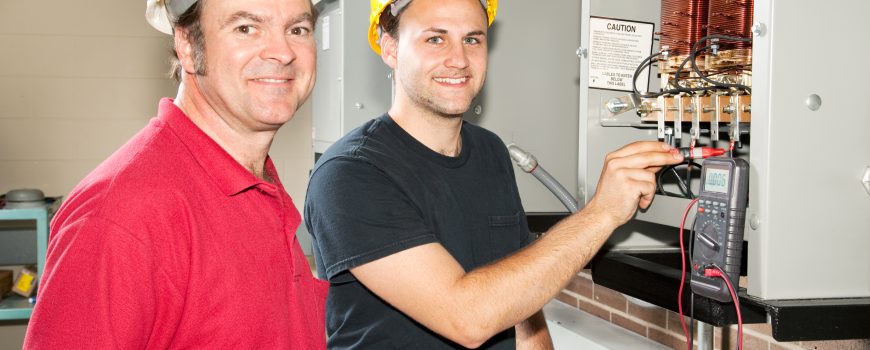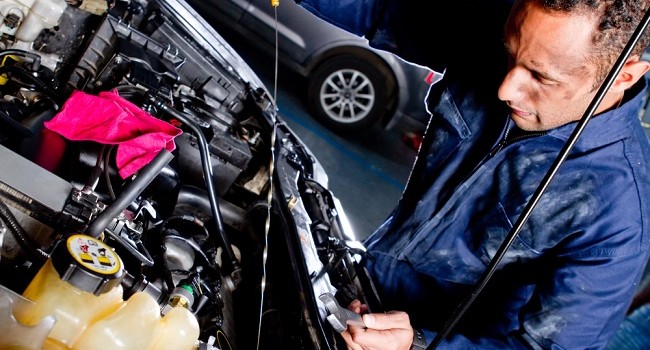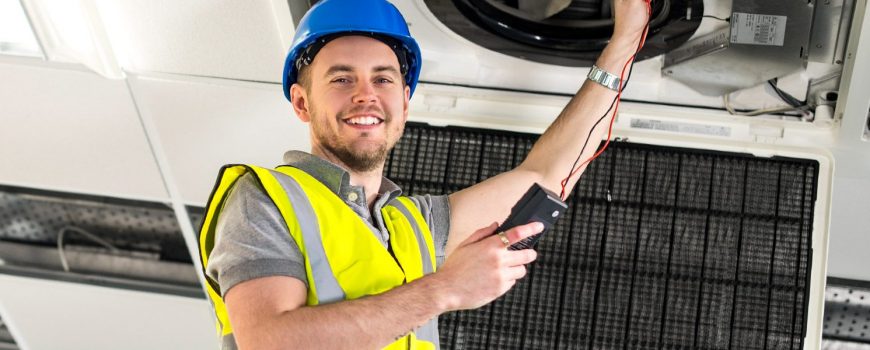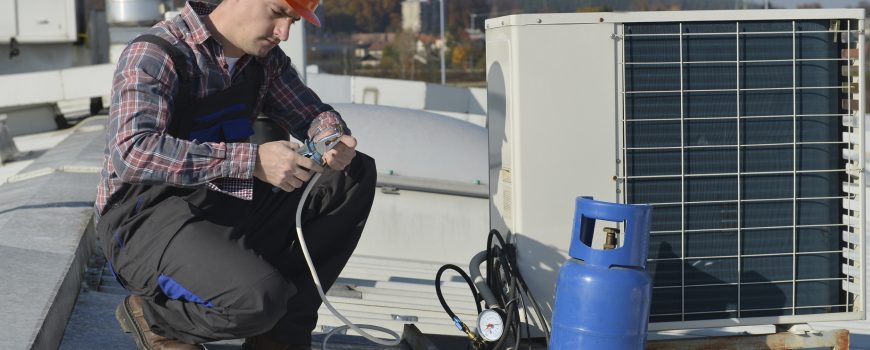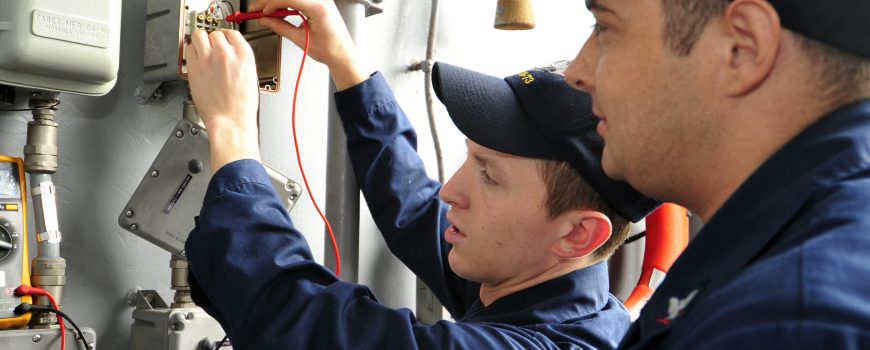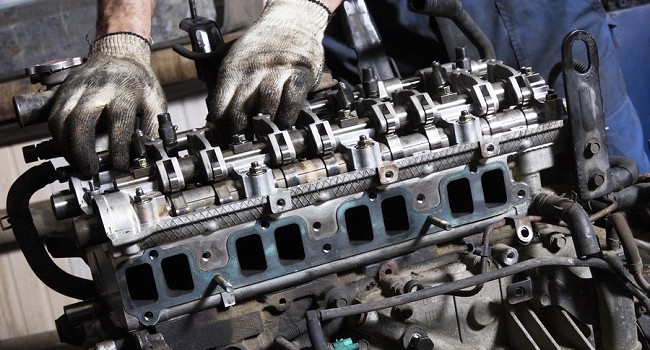Simple and Efficient Power: Diesel Engines
Diesel engines power some of the strongest machines that we use in the world today. Though they work almost the same there are some slight differences that cause diesel powered engines to generate more power, more efficiently than gasoline engines. ATI’s Automotive Technology Training program offers electives that allow the student to gain skills and knowledge to work on light diesel powered engines. With the demand for diesel powered vehicles rising, employers are looking to bring on technicians who have knowledge in these types of engines.
Diesel engines are similar to gasoline engines, just simpler when it comes to their process used to produce power. Both engines work by internal combustion, which means that the power is produced when the fuel is burned inside the engine’s cylinders. Gasoline engines utilize spark plugs to ignite the fuel air mixture inside the cylinder to create the power that pushes the piston down the cylinder. These engines don’t utilize a spark plug. Instead they use air compression by allowing air into the cylinder and compressing it to 14-25 times the size of the cylinder. Squeezing so much air into such a small space causes the air inside to become extremely hot. An electronic fuel injector then sprays a mist of diesel into the cylinder and it immediately ignites and generates the power to push the pistons down. The pistons being repeatedly being pushed down out of the cylinder, hundreds or thousands of times a minute, causes the vehicle to move.
The high popularity of diesel engines in vehicles is due to the fact that they are more efficient than gasoline powered engines. Engines powered by diesel fuel are almost twice as efficient allowing drivers to get many more miles for their money. One explanation for this efficiency is the lack of the need for a spark plug ignition system. Not having one makes for a simpler design that compresses air and fuel a lot easier and that air/fuel mixture is burned more completely, releasing more energy. Another reason is that these engines don’t have to use up more fuel to keep the motor running at a lower power, unlike gasoline engines. Diesel fuel also has a higher energy density than gasoline and acts as a better lubricant so the engine can naturally run with less friction.
If you are interested in automotive engines and you can see yourself working on many different types of engines and vehicles, then ATI’s Automotive Technology Training program in Las Vegas would be the perfect way to get started down the right path to a successful and rewarding future as an automotive technician. Call or click today to apply!
Like and Follow Advanced Training Institute on Facebook and Twitter!





